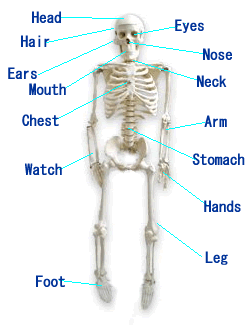Research
You need to give considerable thought to the content of your Oral Presentation. This requires a systematic approach to researching your topic. If you have solid, reliable, scholarly material to support your presentation, you are half way to delivering an excellent speech.
Gather your information from as many sources as possible. Read and take notes from all useful sources. Unless you are already somewhat of an “expert” on the topic expect to read significantly more articles than you will use. It is very useful to do lots of background research as this will increase your confidence with the area of study and allow you to determine the exact topic you wish to explore in your presentation.
There are many types of research materials you will find useful for a presentation. Books are an obvious starting point. The ACU library has a computer catalogue into which you can enter author, title or subject keywords. The computer will specify the book’s call number. Journals are professional magazines which carry a number of articles. The ACU Library web page gives you access to a large collection of on-line databases. Google Scholar may also prove useful. You can, of course, use Google itself but be careful about the authenticity of your references and avoid using sites such as Wikipedia. Such sources as this provide good introductory coverage of topics but they are not detailed enough for a tertiary level presentations. Some presentations may actually lend themselves to using primary sources such as interviews. When looking for information regarding current events for your content or examples, newspapers or even magazines such as Time are an excellent resource.
You certainly do need to research and know your topic thoroughly but there is no need to read most of your sources cover to cover. Especially once you have a clear idea of what you are actually presenting on. Use the contents pages, scan headings, skim through relevant sections and focus only on the most relevant. Take notes on all key points. It may be useful to divide your notes between those arguments that support your key points and those which do not. Becoming familiar with points that do not support you main arguments may prepare you for questions and challenges from the audience. They can also be usefully employed by you in your speech. It is so much more interesting to hear someone say that they disagree with a particular idea rather than merely unquestioningly regurgitating what other academics have said.
LINKS
http://owl.english.purdue.edu/handouts/research/r_websearch.html
http://owl.english.purdue.edu/handouts/research/r_websearch2.html
For more helpful hints, follow the link to Fred.


